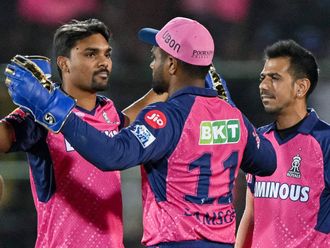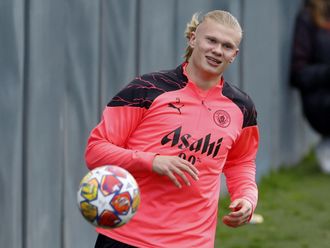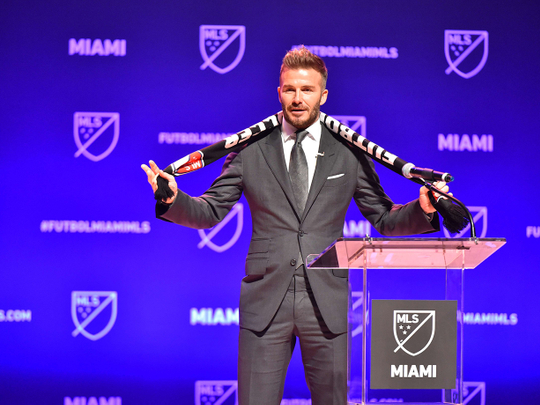
New York: As it enters its 25th season, Major League Soccer has developed a bit of a swagger.
“In 10 years, we’ll pass baseball and hockey to be the third-biggest sport in the US,” said Larry Berg, the lead managing owner of Los Angeles FC. “The league will vault way past Liga MX” — the Mexican first division — “and the men’s team past Mexico.”
“I see in 25 years the whole world watching our game on television,” said Gregg Berhalter, a former MLS player and coach who now leads the US men’s national team.
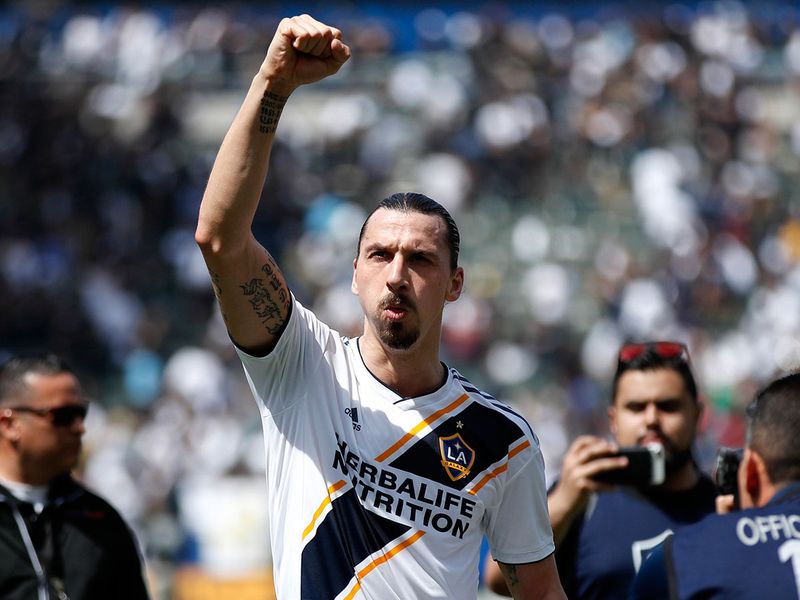
Jorge Mas, managing owner of expansion team Inter Miami, went even further: In 25 years, “you’ll see MLS as potentially the best league in the world.”
This optimism comes as the league has grown from 10 teams to 26 this season. In two years, there will be 30. And as football’s popularity in North America has grown, MLS is now firmly living up to the “major league” in its title.
But that doesn’t mean there aren’t questions as the new season begins Saturday.
At the same time that MLS boasts about challenging some of the world’s best leagues, it is firmly sticking with a business structure and league format that is out of the ordinary in world football, especially compared with the biggest leagues in Europe.
While the league has moved closer to the European style in its branding and marketing — this year’s two new clubs are named Inter Miami and Nashville SC — MLS still has a single-entity ownership structure, hard limits on payroll, a season-ending play-off tournament and no relegation, the system by which underperforming teams are dropped from the league each year and replaced by new ones.
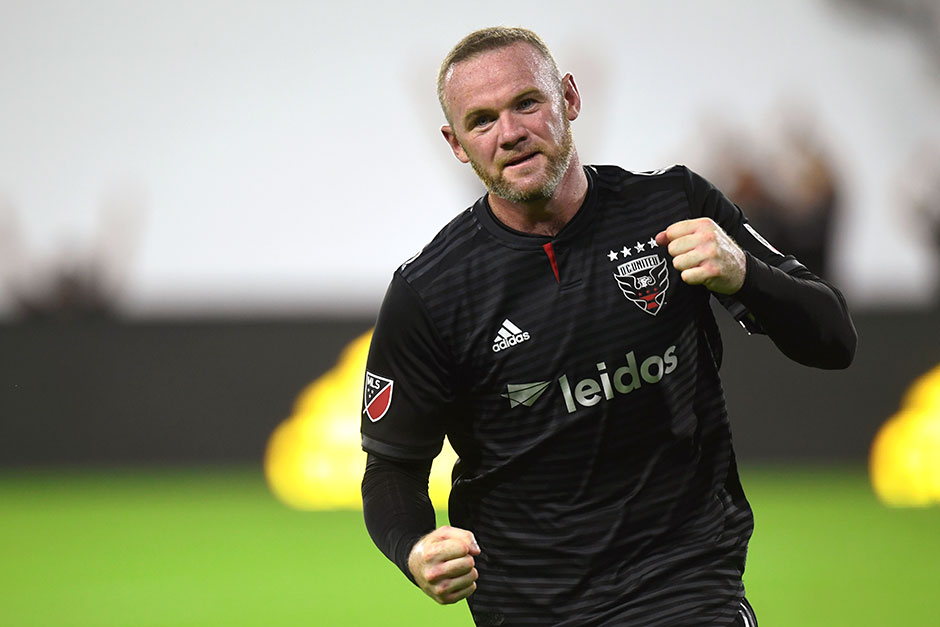
Few leagues are rushing to copy those bedrock elements of MLS, and that raises the question of whether such an unusually structured league can really hope to join the best in the world, particularly financially.
Wholesale change is unlikely, MLS owners and officials said, because they see these atypical features as strengths.
Having all the teams under a single ownership gives the league flexibility, according to Commissioner Don Garber. “If we want to change the amount of money we spend to meet a goal, we could do that,” he said. “We are not one of the handful of top leagues in the world, but we are more efficient and, frankly, smarter in how we’re spending.” (Garber did acknowledge that some of the bigger-market teams need strengthening; Chicago, Colorado and Dallas had the three lowest attendances last season.)
With salary limits, one well-heeled team can’t quickly buy their way to success, as happens in many leagues around the world. That parity, and unpredictability, is something MLS markets as part of its appeal. “Not every team invests the same amount, not every team is equal, but we want every team to have a shot at the playoffs,” said Mark Abbott, the league’s president. But the same limits also might be preventing the creation of elite teams that could regularly beat the best Mexican clubs in continental competitions, or even challenge European superteams on the field and in the player market.
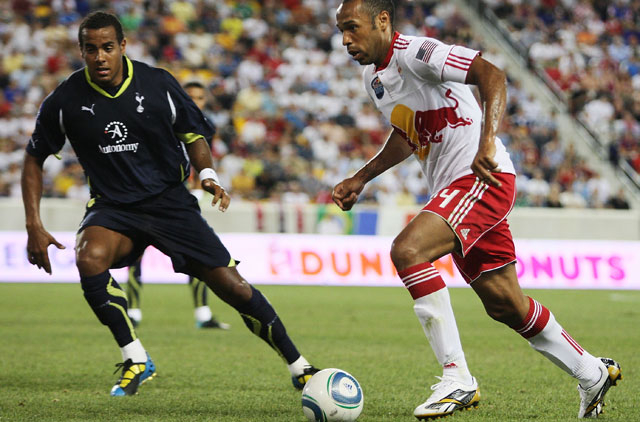
MLS is one of the few football leagues in the world in which there is no chance of a poor team losing their place in the league. Relegation “is one thing I never thankfully experienced as a player”, said David Beckham, an owner of Inter Miami. “It makes it exciting. But there needs to be real stability in the league before you get to that point.” To MLS officials, the issue is more practical. “People are not going to invest hundreds of millions of dollars if they might be relegated,” Abbott said.
So far, it has had more success financially than competitively. The CONCACAF Champions League, for example, which crowns the best team in the region, has been won by a Mexican team for 14 straight editions; an MLS team has made the final in only three of those years. (This year four MLS teams, and three from Liga MX, have reached the quarter finals.)
The big-name signing is Javier Hernandez, the high-scoring Mexican striker known as Chicharito, who will replace Zlatan Ibrahimovic as the LA Galaxy’s star attraction.
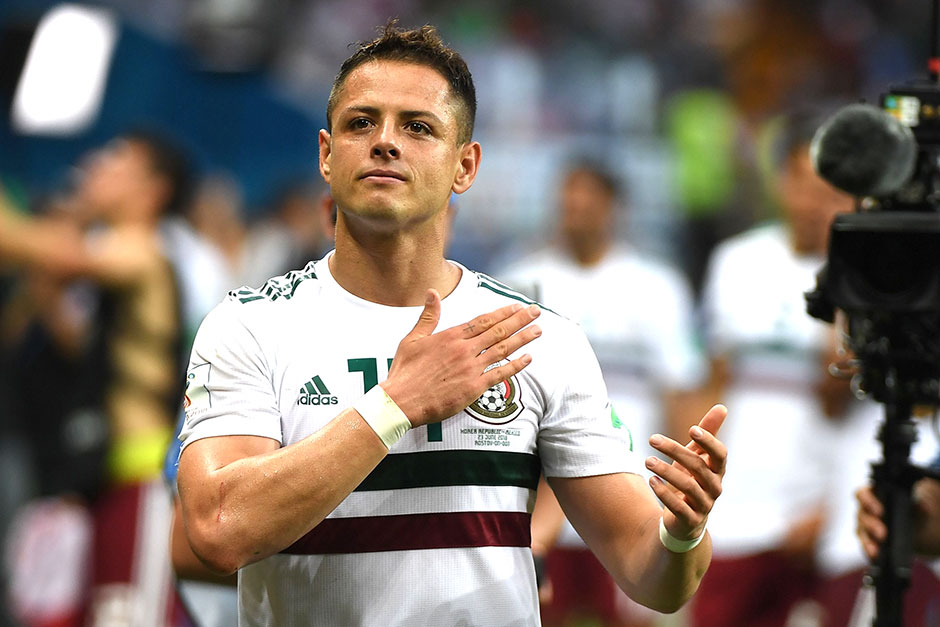
Beckham said this week that he wants to bring great players to Miami, “but they have to be the right players. That’s one of the many things I learnt from Sir Alex Ferguson,” he added, dropping the name of his legendary boss at Manchester United. The right player for Beckham seems to be attacking midfielder Rodolfo Pizarro, one of a number of players poached out of the Mexican league before this season, along with midfielder Lucas Zelarayan (Columbus) and striker Alan Pulido (Kansas City).
In part because of its charismatic owner, Beckham, and its yearslong germination period, Inter Miami has gained the bulk of the attention. The “Inter,” for what it’s worth, does not imply a tie with the better-known Inter Milan but rather is a shortening of the team’s formal name, Club Internacional de Futbol Miami.
If a Miami MLS team sounds familiar, that’s because the Miami Fusion competed for four years in MLS before the league shut down the club in a retrenchment after hiring Garber in 1999. As it waits for a new stadium to be built near the Miami Airport, Inter Miami plans to play for two or three years in Fort Lauderdale, in a stadium on the site where the Fusion once played.
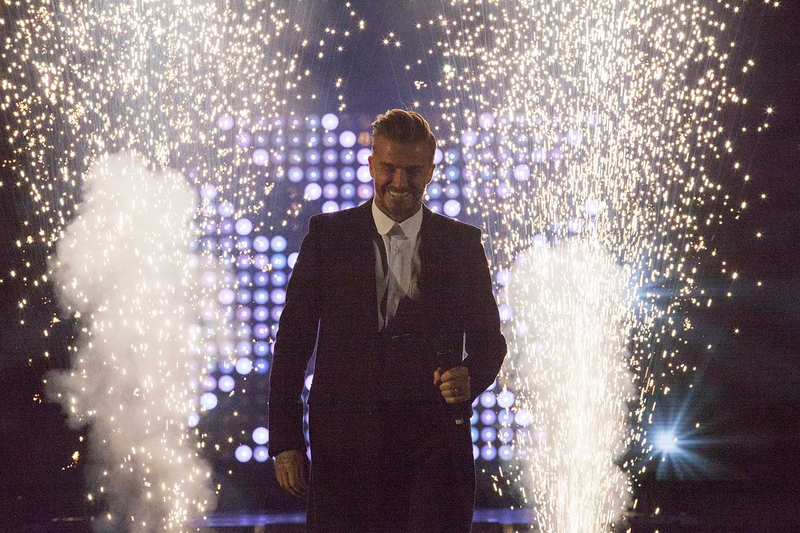
“The league was in a different spot in that time,” Garber said. “We didn’t have the strength and capacity and movement and energy to overcome big obstacles.”
Ian Ayre, the chief executive of the other new team, Nashville SC, was until 2017 the chief executive of Liverpool. He said this week that he has found the culture change of joining MLS refreshing, and the atmosphere far more collegial than what he was used to in Europe.
When he got started, Ayre said, he reached out to established teams for help with Nashville’s initial planning. “When I sat down to create our first budget, I called three CEOs at other teams and said, ‘Guys, you’re going to have to help me here,’” Ayre said. “Each team sent me their entire budget.”
Years later, he still laughs at the memory. “At Liverpool, you’re not going to share your budget with Man U.”
MLS will add teams in Austin, Texas, and Charlotte, North Carolina, in 2021, and in Sacramento, California, and St Louis in 2022, bringing the league to 30. The money from their expansion fees will be welcome for the league, and each team has grand plans to spend millions more on their stadium, but the rapid increase in the size of MLS has brought its own set of problems.
There are enough teams already so that this season, for the first time, each team will have three opponents they won’t face at all, home or away, during the regular season.
Garber said that there is “no plan in place” to expand beyond 30, a number that will make MLS the largest top-flight soccer league in the world.
LAFC set the MLS points record in a dominant 2019 regular season, only to lose at home in the conference final. The bookmakers are looking for LAFC to finish the job this year, with their top challenges coming from Seattle, the defending league champions, and Atlanta, who lifted the trophy in 2018.
Miami are considered good enough for at least a mid-table performance in their first season, but Nashville are 100-1 or more, the longest shot in the field.


